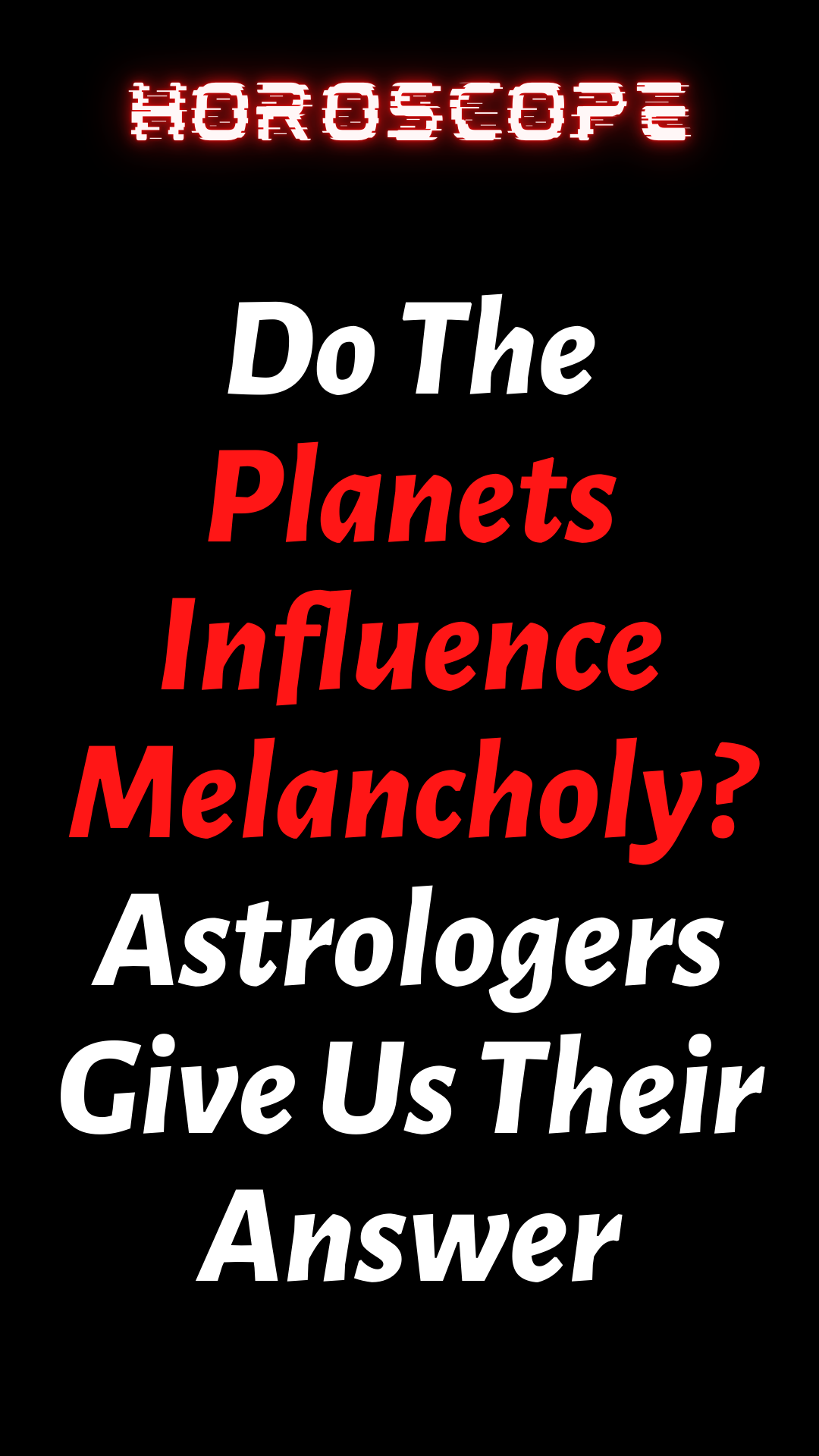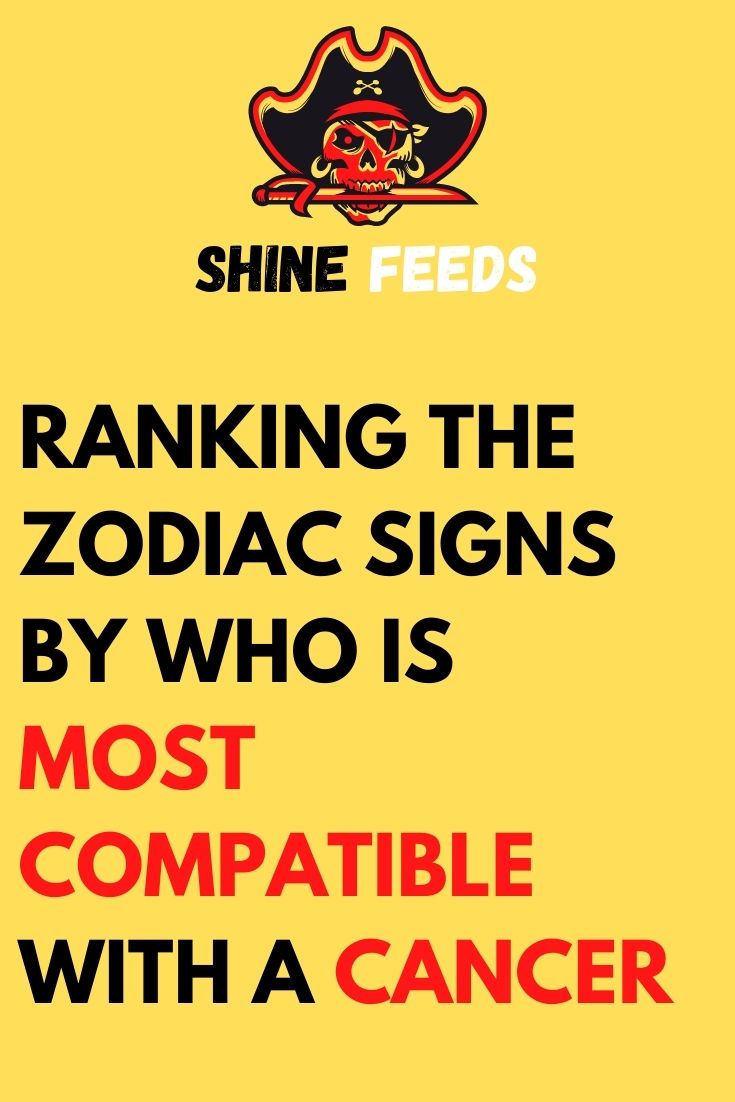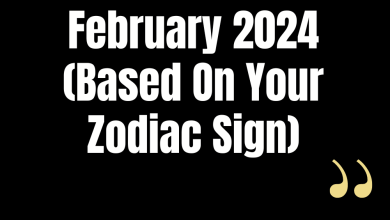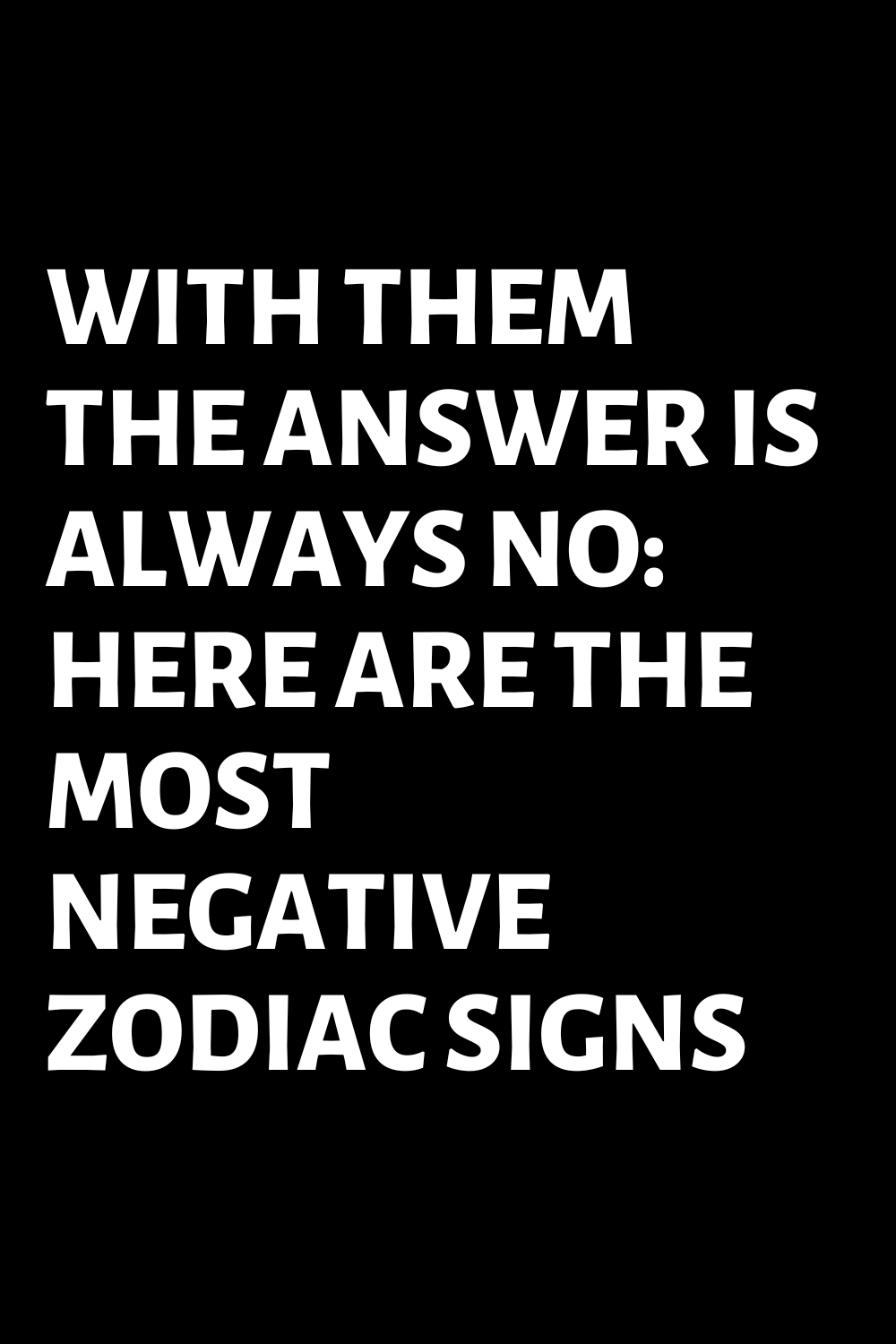Do The Planets Influence Melancholy? Astrologers Give Us Their Answer
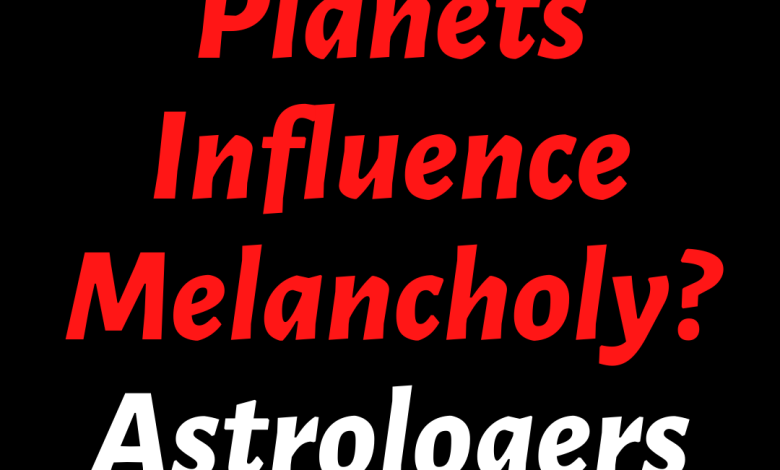
In our quest to understand the universe and ourselves, it is natural that we turn to the stars and planets for answers. These questions also include those about melancholy and its possible relationship to the stars, which is always up for discussion. Astrologers have been studying this potential connection for many years, and today we’re sharing some of their findings with you.
HOW DOES ASTROLOGY DEAL WITH THE TOPIC OF MELANCHOLY?
Astrology is based on the idea that the movements of the planets and other celestial bodies impact our individual and collective lives. This millennia-old discipline attributes different qualities and influences to each planet, including our emotions and personality.
So when considering the connection between melancholy and the planets, it is crucial to examine the characteristics associated with each planet and what astrological aspects may promote or weaken this state of mind.
THE ROLE OF THE INDIVIDUAL STARS IN MELANCHOLY
The Sun: Light And Vitality
The sun, the center of our solar system, is often viewed as a source of life energy and an expression of our identity. A well-aspected Sun in a natal chart can provide self-confidence and optimism, while difficult aspects with other planets can create a certain susceptibility to melancholy.
The Moon: Emotions And Intuition
The moon symbolizes our emotions, our sensitivity, and our need for comfort. The lunar cycles affect our moods, and people with a dominant Moon in their chart can be particularly affected by these emotional swings. Interestingly, the image of the moon has often been associated with melancholic states over the centuries.
Mercury: Communication And Mind
The planet Mercury rules our ability to communicate, our intellect, and our logic. Harmonious aspects of this planet can make it easier for us to distance ourselves from our emotions, especially sadness, as we understand our thoughts better. On the other hand, a difficult conjunction between Mercury and other planets can contribute to a tendency to ruminate and feel overwhelmed by an excess of negative thoughts.
Venus: Love And Harmony
Venus is the planet that rules love, aesthetic values, and the pursuit of balance in our relationships. Its influence can alleviate melancholy by encouraging sincere sharing of our feelings or warm support from others. However, a Venus with bad aspects can sometimes lead to disappointments in love or persistent dissatisfaction in our pursuit of self-realization.
Mars: Energy And Drive
The planet Mars represents energy, willpower, and the ability to take concrete actions to change our lives. A good placement of Mars in a horoscope can help combat melancholy by encouraging focus on clear and achievable goals. However, a poorly aspected Mars can cause frustration or even aggressiveness, which only increases the burden of sadness.
Jupiter: Expansion And Optimism
Jupiter, the largest planet in our solar system, symbolizes expansion, wealth, and optimism. Its beneficial influence can bring a more positive view of things and encourage you to look for solutions or new horizons to get out of melancholy. However, too dominant or poorly aspected Jupiter can also cause a tendency to exaggerate or become complacent, which in turn can lead to denial of reality.
PLANETARY TRANSITS AND MELANCHOLY
In addition to the birth positions of the planets, astrologers also look at planetary transits and their effects on our mood in everyday life. Certain transits, such as B. tense aspects between the Sun and Moon or Mercury and Neptune can lead to temporary periods of melancholy. However, it is important to emphasize that these astrological influences are not decisive and in no way replace the importance of free will or personal circumstances in our emotional trajectory.
A NUANCED AND INDIVIDUAL APPROACH
It would be reductive to say that the planets are directly responsible for the melancholy we may feel. However, astrology offers us a valuable tool for understanding the hidden treasures and unique challenges of each of our birth charts and thus better understanding the inner machinery that shapes our states of mind.
